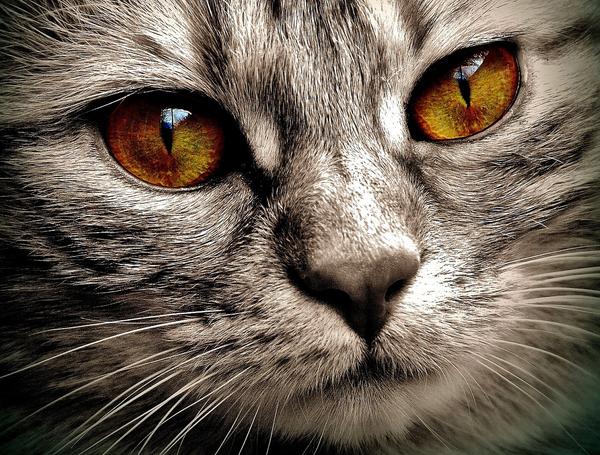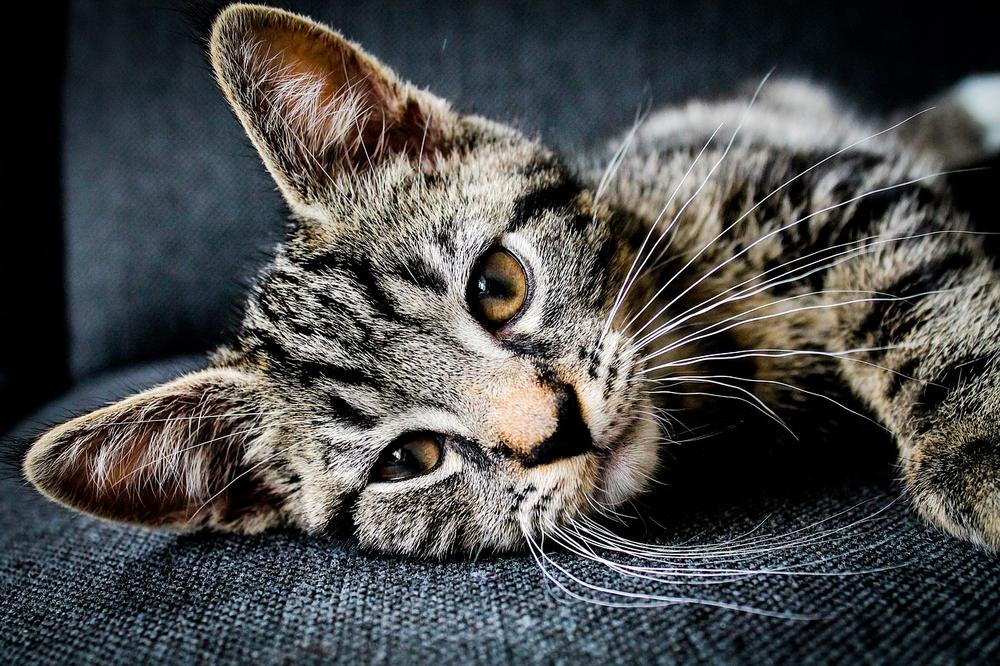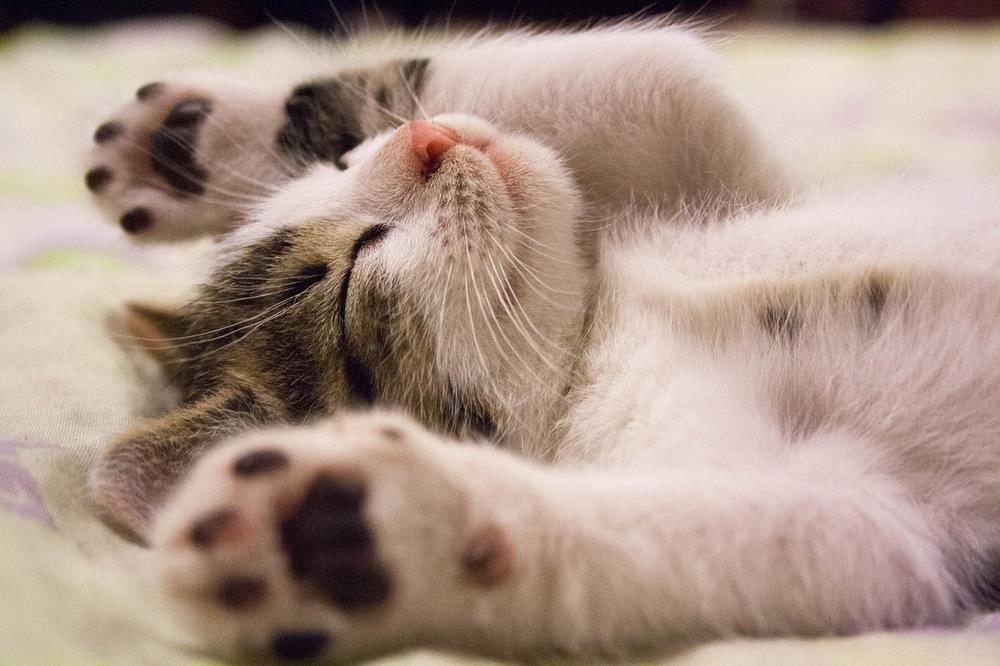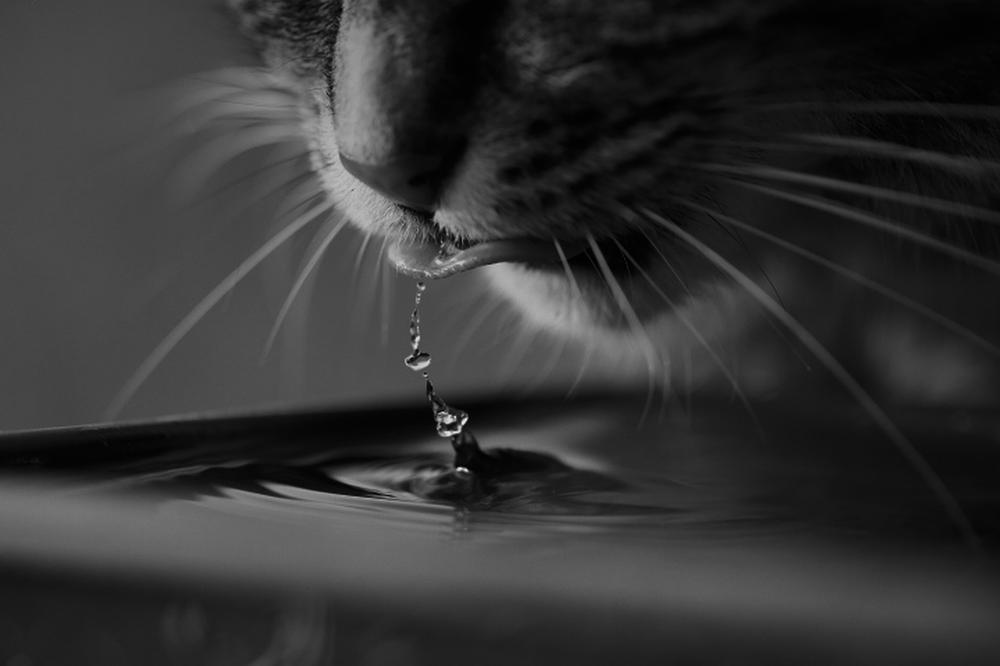Can Pregnant Cats Drink Milk?

Pregnant cats and milk.
We've all heard the debates.
We've all heard the worries.
We've all heard the horror stories.
But don't fret, because in today's guide, I'm here to clear up the confusion and give you the answers you need. 😊
Ready?
Let's get into it!
Can Pregnant Cats Drink Milk?
Can pregnant cats drink milk?

The answer is no, and here's why:
- Lactose intolerance: Pregnant cats lack the enzyme necessary to process lactose found in cow's milk, leading to digestive issues such as diarrhea, gas, bloating, or stomach discomfort.
- Dangers of milk consumption: Giving cow's milk to pregnant cats can result in severe diarrhea, dehydration, lactose intolerance, gut bacteria imbalance, nutritionally deficient diseases, bloating, flatulence, and abdominal distress.
- Water for hydration: Instead of milk, provide pregnant cats with clean water to prevent dehydration, which is essential during this sensitive period.
- Focus on a meat-based diet: To ensure proper nutrition, pregnant cats should have a diet rich in meat-based protein sources rather than relying on milk for nutrients.
- Lactose intolerance prevalence: Most adult cats are lactose intolerant due to their decreased production of lactase enzymes, which worsens as they age.
- Avoiding milk during nursing: Nursing mother cats should also avoid consuming milk if they exhibit symptoms of lactose intolerance to not pass it on to their kittens.
- Benefits of goat's milk: Goat's milk contains lower levels of lactose compared to cow's milk and offers additional benefits such as vitamins, antioxidants, essential fatty acids, calcium, phosphorus, vitamin B5, biotin, and potassium.
- Hypersensitivity and allergies: It is important to note that some cats may be hypersensitive or allergic to goat's milk, so monitor them for any signs of stomach upset or diarrhea.
You must prioritize the health of pregnant cats by following these guidelines and providing appropriate alternatives to cow's milk. 😺
Main points I'll expand upon further down this article:
- Pregnant cats should be fed a complete cat food that meets all nutritional needs.
- Milk lacks necessary nutrients and should be avoided in a pregnant cat's diet.
- Choose a well-balanced and nutritious diet for pregnant cats.
- Natural foods like fish and meat are beneficial for cats.
- Goat's milk can be a healthier alternative to cow's milk.
- Gradually transition pregnant cats to wet kitten food halfway through pregnancy.
- Provide high-quality diet for kittens, preferably Purina brands.
- Ensure pregnant cats stay hydrated by encouraging them to drink from a spigot or fountain.
- Pregnant cats may require up to double their regular amount of food.
- Monitor pregnant cats for signs of labor, such as restlessness and panting.
What to Feed a Nursing Cat?
When it comes to feeding a nursing cat, ensure you give them complete cat food that meets all their nutritional needs.
Don't even think about giving them milk.
It doesn't have the right nutrients for their development.
A regular adult cat food won't do during pregnancy and nursing. You need the right feeding plan to keep both the mother and kittens healthy.
Here's an easy tip: add water to the cat's food.
It helps increase fluid intake and benefits both the mother and her little ones.
So, make sure that you give your pregnant cat a well-balanced and nutritious diet.
She needs more nutrition during this time, so make sure you give her the good stuff.
Now, you might be thinking, What about other natural foods that pregnant cats can consume?
Well, I have some interesting insights for you.
Keep reading to discover the benefits of certain foods and learn how to ensure a smooth labor process for your beloved feline friend.
Recommended Brands for Pregnant and Nursing Cats
When it comes to meeting the nutritional needs of pregnant and nursing cats, you need to choose specific brands of high-energy kitten diets.
One brand that I highly recommend is Purina.
They have developed a diet that is specially formulated for pregnant and nursing cats.
Now let's talk about milk.
I have to be honest with you, milk is not ideal for pregnant cats because it doesn't provide essential nutrients and contains too much fat.
But if you're looking for an alternative to cow's milk, I suggest considering goat's milk as a healthier option.
Goat's milk has a higher nutrient content, helps promote beneficial bacteria in the gut, and aids digestion.
However, don't forget that goat's milk does contain a lot of fat.
So be cautious of that.
Despite the high fat content, goat's milk does offer some benefits such as hydration, increased water consumption, and added moisture and flavor to their food.
As your cat progresses through her pregnancy, you have to gradually transition her to a high-quality wet kitten food.
And yes, newborn kittens should continue to receive their mother's milk.

It's crucial for their optimal growth.
Now, let's move on to discussing some common issues that cats face.
Flea infestations can cause problems for cats.
You can check for them by spotting black spots on a white sheet.
If you notice any, immediate treatment is necessary.
When it's time for your pregnant cat to give birth, try to minimize the presence of strangers around her. This will help reduce stress and potential complications during labor.
Lastly, I want to mention that donations play a significant role in providing necessary care for animals.
If you have the financial means, please consider donating to animal shelters or organizations that take care of pregnant cats and other animals in need.
Now, before I finish this section, there's something important that I want to highlight.
I'm sure you're curious about whether it's safe for your feline friend to indulge in a sweet treat like Oreos.
Well, that's exactly what I've covered in my helpful guide.
If you're concerned about the potential risks associated with cats eating Oreos, I highly encourage you to check out my blog post, appropriately named Can Cats Eat Oreos.
It provides all the information you need to know to keep your furry companion safe and satisfied.
Trust me, you don't want to miss it!
Suitable Dry Cat Food for Kittens
Incorporating water into dry kitten food is suggested to increase fluid intake, benefiting both the mother cat and her kittens.
When a cat is pregnant, you must provide her with the proper nutrition.
Opt for high-quality kitten food that is rich in calories and protein.
This change not only provides the essential nutrients for the mother but also aids in the strong and healthy growth of the kittens.
Pregnant cats require a higher intake of calories and protein, precisely what can be found in kitten food.
Therefore, you ought to choose wisely to ensure their overall well-being.
Suitable Wet Cat Food for Kittens
Wet cat food is a great pick for pregnant cats and kittens, and here's why:
- More nutrients: Wet kitten food has higher levels of essential nutrients and vitamins, which are vital for the development of growing kittens.
- Keeps them hydrated: The moisture in wet cat food helps keep pregnant cats and little ones hydrated, especially crucial during pregnancy.
- Encourages drinking: If your expecting feline isn't drinking enough water, consider using a spigot or fountain to promote hydration.
- Best nutrition: Switching pregnant cats to wet kitten food halfway through their pregnancy ensures they get optimal nutrition.
- Prevents dehydration: Wet cat food's moisture can prevent dehydration, a common worry for pregnant cats.
- Less reliance on water alone: Some pregnant cats might not drink enough water if they only rely on wet food.
- Maintains pregnancy health: Offering wet kitten food during pregnancy supports the overall health and well-being of both pregnant cats and their growing kittens.
Ensuring these factors are considered will ensure that pregnant cats and kittens get the vital nutrients and hydration required for a healthy beginning in life. ✨
And now let's talk about how much food pregnant cats need to support their increased appetite and maintain a healthy pregnancy...
How Much to Feed a Pregnant Cat?
When you're getting ready to feed a pregnant cat, you have to know that their hunger is going to increase.
They usually eat about 50% more than usual during pregnancy, and towards the end, they might even need double the amount they normally have.
To meet their needs, it's recommended to give them smaller meals more frequently throughout the day.
Also, leaving dry food out for them to nibble on can be helpful.
Don't be alarmed if your pregnant cat gains weight during this time.

It's completely normal as their body prepares for nursing.
However, please keep in mind that this extra weight should be lost once they start nursing.
One thing you have to remember is that if your pregnant cat loses her appetite, labor might be coming soon. So make sure there's always food and water available for her.
Once the kittens are born, it's a good idea to gradually reduce the amount of food the mother cat eats and reintroduce regular adult food over a span of 7-10 days after 6-8 weeks post-birth.
In the last three weeks leading up to the birth, most of the kittens' development happens.
Sometimes, pregnant cats may experience an increased appetite or become picky with their meals.
If you notice your cat acting restless, panting, and starting to push, those are signs that she's about to give birth. The process usually takes several hours and results in two to six kittens.
And that wraps up today's article.
Before you head out, let me pose a question: Did my blog post prove helpful to you? If it did, I'd truly be grateful if you could share it with your loved ones. To do that, simply tap any of the social media icons and spread the word instantly. Much obliged!
Talk soon,
-Sarah Davis